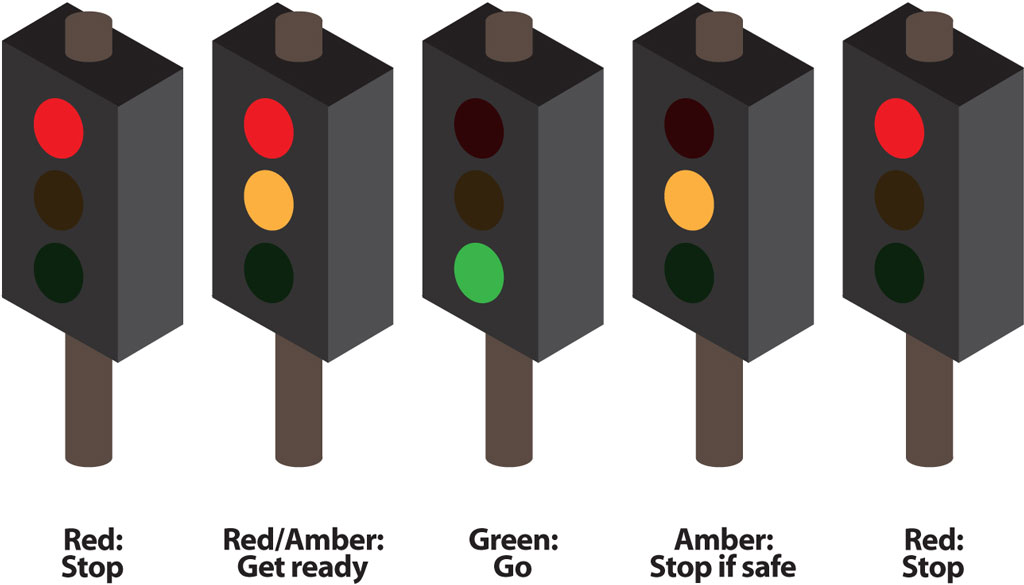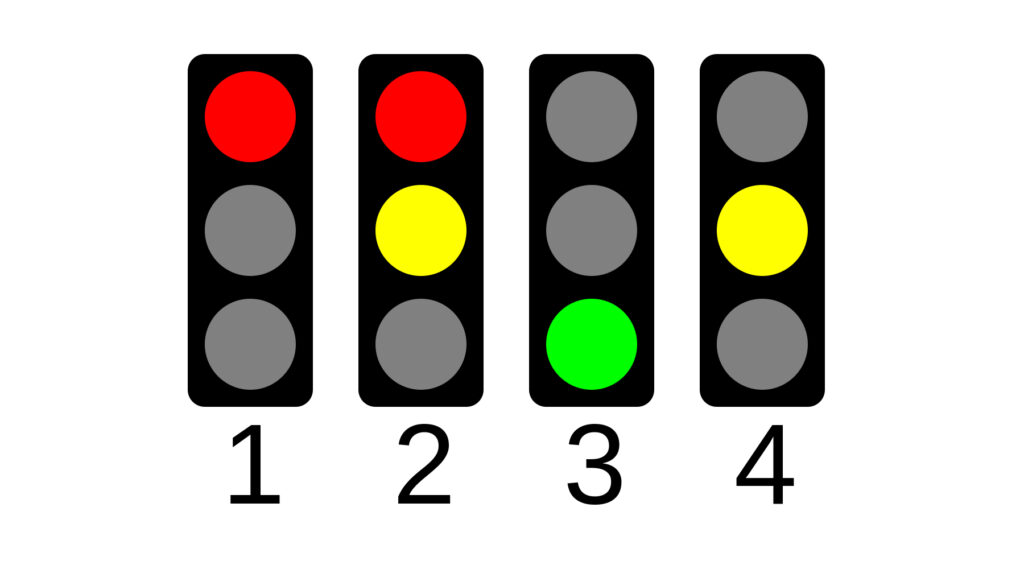In today’s era the United Kingdom is making progress in revamping its traffic regulations to embrace innovative technology. By integrating advancements into traffic management and law enforcement the UK does not enhance road safety but also improves traffic flow and efficiency. This article explores the impact of technology such as traffic cameras, automated enforcement systems and data analytics on UK traffic laws.
1. TRAFFIC CAMERAS
Traffic cameras have become a sight on roads throughout the UK as they capture real time images and videos of traffic conditions. These cameras serve purposes from monitoring congestion to enhancing road safety. They play a role in enforcing traffic regulations and collecting evidence of violations.
Number Plate Recognition (ANPR); ANPR cameras play a role in identifying vehicles by their number plates. They are instrumental in law enforcement activities by helping track stolen vehicles identifying vehicles and even flagging those, with warrants. The data obtained from ANPR cameras is utilized to enforce laws and ensure road safety.
Speed Cameras; Speeding remains a factor contributing to road accidents.
Speed cameras utilize radar or laser technology to monitor the speed of vehicles. When a vehicle surpasses the designated speed limit these cameras capture evidence leading to penalties and fines. This technological advancement not enforces traffic regulations. Also acts as a deterrent, against speeding.

2. AUTOMATED ENFORCEMENT
Automated enforcement systems have transformed the way traffic laws are enforced providing an impartial approach to monitoring and penalizing traffic violations.
Red Light Cameras; Red light cameras detect vehicles that enter intersections after the traffic signal has already turned red. Violations recorded by these cameras result in fines for drivers effectively reducing instances of running lights and potential collisions.
Bus Lane Cameras; In bus lanes cameras oversee vehicles adherence to ensure that authorized ones use these lanes. This automated enforcement helps maintain bus lanes improving public transportation efficiency.
Congestion Charging Cameras; Major cities like London employ congestion charging cameras to document vehicles entering zones during specified hours. This system aims at alleviating traffic congestion while encouraging the utilization of transportation.
3. DATA ANALYTICS
Data analytics is increasingly playing a role in enhancing traffic laws, within the UK.
By gathering and examining information from sources authorities are able to gain insights, into traffic patterns areas prone to accidents and locations of concern. This data driven approach allows for implementation of law enforcement and traffic control measures.
Anticipatory Policing; Through the use of data analytics law enforcement agencies can make predictions about where accidents and traffic violation are more likely to occur. This valuable information helps in deploying resources to deter and prevent road incidents.
Efficient Traffic Control; Data analytics plays a role in optimizing the timing of traffic lights enhancing the flow of traffic and minimizing congestion. By analysing real time traffic data cities can adjust their signal timings to accommodate changing conditions on the roads.
Enhanced Safety Measures; Data analysis helps identify areas with accident rates enabling authorities to implement safety measures such as speed limits, techniques for calming traffic and improved road designs aimed at reducing accidents.
In summary smart technology is significantly. Improving traffic regulations in the UK. The integration of technologies like traffic cameras, automated enforcement systems and data analytics is enhancing road safety by reducing violations while also improving management of traffic. These advancements do not contribute towards an efficient and safer road network but also contribute towards the wellbeing of UK citizens, as a whole.
With the advancement of technology, the collaboration, between cities and road safety is expected to make even greater progress, in the future.

